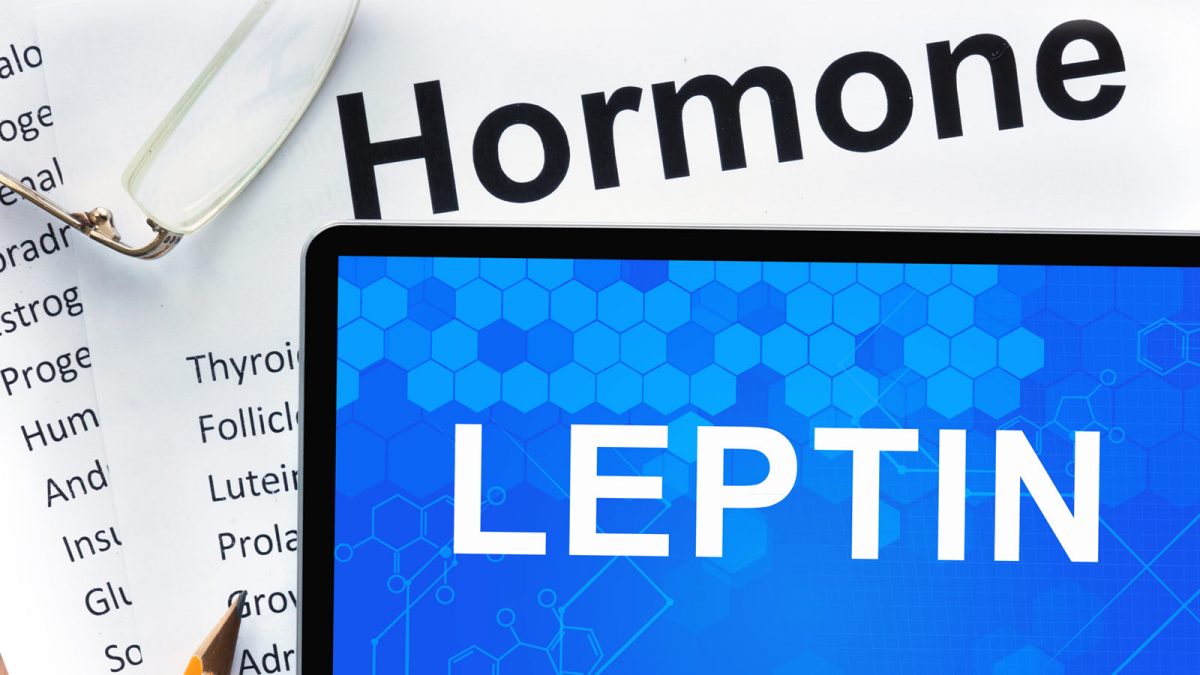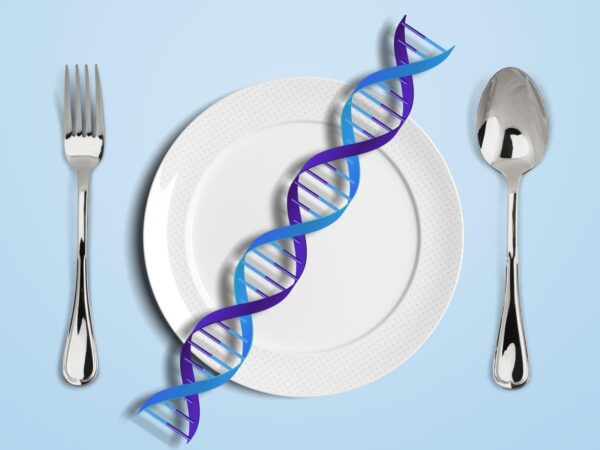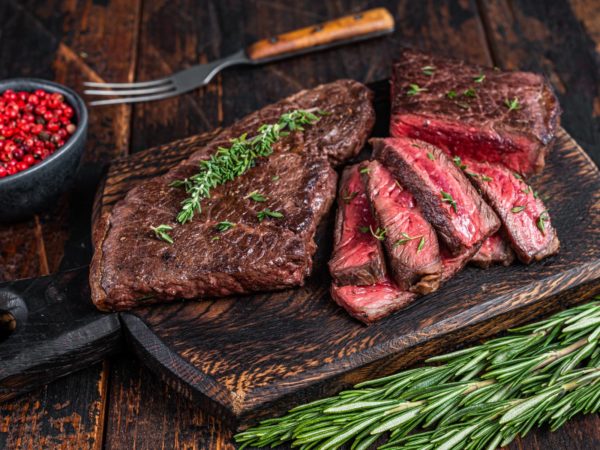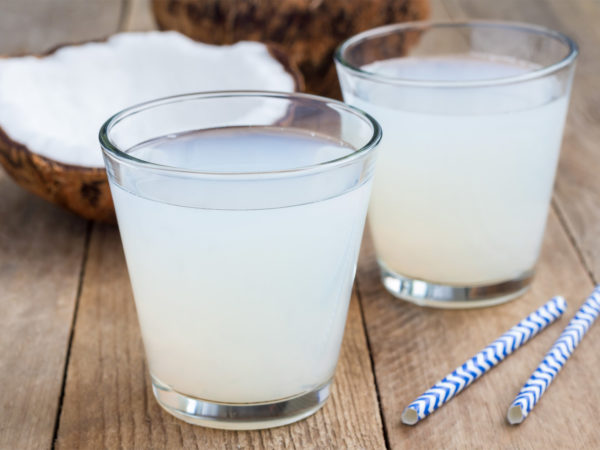Master Your Leptin for a Lean Physique
For many decades, “conventional wisdom” has taught us that human body weight is governed by the simple mathematical equation of how many calories you consume versus how many you burn.
And while this simple equation certainly plays a role in the number that shows up on your bathroom scale in the morning… it is not the only (or even the most important) factor in how much you weigh.
What your body does with the calories you consume is far more complex than the simple “fuel-in, fuel out” mechanics of automobiles. It is your hormones that dictate how your body utilizes and stores calories.
And one of the master hormones when it comes to your weight (and appetite) is called leptin…
Leptin: The “Gatekeeper” of Fat Metabolism
Leptin is a powerful hormone that regulates hunger and feelings of satiety. And because leptin is secreted by adipose (fat) tissue, the more overweight you are, the higher your leptin levels.
In a primer on leptin, 1 nutrition researcher Mark Sisson points out that leptin regulates hunger in three important ways:
- Counteracts the effects of neuropeptide Y – a powerful appetite stimulant secreted by the hypothalamus
- Counteracts the effects of anandamide – an appetite stimulant
- Promotes the production of a-MSH – an appetite suppressant
In the long term, leptin tells the body that it has enough fat reserves (adipose tissue), and that eating is not needed. In the short term, leptin tells the body that it has had enough to eat, and it’s time to put the fork down.
In wild animals consuming their native diets, leptin works as it should, maintaining a healthy balance of feasting and fasting. But when animals – including humans – stray from traditional diets and lifestyles, we see a dysregulation in our leptin pathway.
This can lead to weight gain and obesity, not to mention chronic disease.
Discover how this “old way” to cook can help you shed up to a pound of fat every 48 hours…
Leptin Resistance: When Your Cells Become “Deaf” to Leptin’s Message
Unfortunately, as a result of bad diets, sedentary lifestyles, poor sleep and excess stress, many people today have damaged leptin metabolism.
Because leptin is produced by fat cells, it seems logical that those with more body fat would produce more leptin. In turn, this should send the message that the body has enough reserves.
However, when body fat increases, so does inflammation. One inflammatory compound – called C-reactive protein (CRP) – binds to leptin, blocking its ability to send your brain the “I’m full” signal.2
This is known as leptin resistance – a dis-ease state has been correlated with weight gain and a wide range of health issues, including heart disease, diabetes, Alzheimer’s, infertility and more.3,4,5,6,7
Leptin resistance makes losing weight nearly impossible. Not only is your appetite ravenous, your body is also being told to hold on to that fat and not let go!
The good news is that you can heal your leptin pathway, boost your metabolism and start shedding stubborn pounds with a few ancestrally-appropriate diet and lifestyle modifications.
8 Simple Ways to Fix Your Leptin Naturally
1. Watch Your Sugar Intake (Especially Fructose):
Fructose impairs leptin signaling in two key ways. First, it makes the part of your brain that links the nervous system to the endocrine system (the hypothalamus) resistant to leptin. It also increases triglycerides, which prevent leptin from passing through the blood-brain barrier.8 Sugar in all forms should be reduced – or eliminated – for optimal health and body composition.
2. Avoid Wheat and Lectins:
Wheat germ agglutinin, or WGA, (a lectin present in gluten grains) attaches to leptin receptors and prevents the hormone from properly binding.9
3. Engage in Intermittent Fasting (IF):
Intermittent fasting has a wide variety of health benefits including rebooting your leptin sensitivity.10 Researchers have found that fasting may help control inflammation in a specialized area of the brain responsible for managing energy intake and expenditure, helping to reduce risk of obesity.11 If you are new to IF, start with a 12-14 hour fast and work your way up to 16-18 hours.
4. Get Enough Zinc:
Zinc deficiency can reduce leptin and contribute to leptin resistance, helping to promote weight gain. Zinc is abundant in animal foods including oysters, lamb, beef, bison, elk, pork, as well as pumpkin seeds.
5. Eat More Healthy Fat and Protein:
Healthy fats and proteins are the nutritional building blocks for your hormones. Make sure you are getting ample high-quality grass-fed proteins and fats like grass-fed butter and ghee, grass-fed meats and wild fish.
6. Exercise Intelligently:
Exercising too much – or doing the wrong kinds of exercise – can throw your leptin for a loop. Weight training and high intensity interval training have both been found to benefit a healthy leptin system.12
7. Optimize Your Omegas:
Long chain omega-3 fatty acids – from wild fish and pastured meats and eggs – have long been known to quell inflammation and benefit the metabolism. By helping to reduce the inflammatory molecule you learned about earlier, C-reactive protein, leptin’s message can be “heard” by the brain.13 It’s also important to reduce sources of omega-6 in the diet, namely vegetable oils, conventionally produced animal products and grains, as they counteract omega-3s and promote inflammation.
8. Get Good Sleep:
Inadequate sleep increases cortisol levels, and has also been associated with reduced serum leptin levels.14
Eating – and living – in accord with Mother Nature should always be the first step you take when dealing with the diseases of modernization.
This means focusing your diet on healthy fats and protein (instead of carbs and sugars), choosing to adopt the eat-stop-eat feeding cadence of your nomadic ancestors (instead of snacking constantly), entraining your circadian rhythms to rise and rest in alignment with the sunlight, and exercising in a way that mirrors your ancestors (long walks, short sprints and lifting heavy things).
When you are able to successfully align our lifestyles and diets with our genes, most of the underlying causes of chronic disease and obesity will fall away naturally and effortlessly.





Leave a Reply